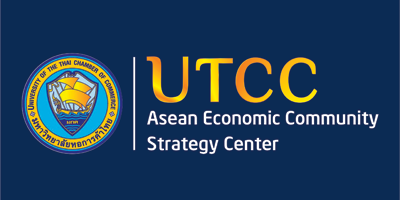Vietnam to enjoy stable economic growth at 6.4%
This is one of the forecasts to emerge from the “ASEAN+3 Regional Economic Outlook”, the first annual report produced by the ASEAN+3 Macro-economic Research Office (AMRO), released on May 4.
According to the report, the economic growth of the ten ASEAN countries along with China, Japan and the Republic of Korea (ASEAN+3) is expected reach 5.2% in 2017.
Although the recent recovery in global trade could possibly drive up regional growth and exports, the ASEAN+3 growth rates in 2017 and 2018 are still predicted to be slightly lower than the level of 5.3% seen in the past three years.
Emerging economies like the Republic of Korea, Malaysia, Indonesia, the Philippines, Singapore, Thailand and Vietnam remain resilient even as volatility in global financial markets persists. Meanwhile, the developing ASEAN economies of Cambodia, Laos and Myanmar continue to grow and reap benefits from regional integration.
Explaining the prediction, AMRO chief economist Hoe Ee Khor said with the uncertain trade outlook, economic growth in the region would continue to be driven primarily by domestic demand with support from monetary and fiscal policy. “However, compared to 2016, room in monetary and fiscal policies has generally narrowed,” Khor said.
In term of monetary policy, rising inflation and tightening global monetary conditions in 2017 will reduce the room for regional economies to ease monetary policy to support growth, he said.
He noted that countries with high credit growth or external debt would have to struggle with maintaining financial stability while promoting growth by loosening monetary policy.
In addition, economies already relying on external financing for both current accounts and the fiscal balance would face tighter financing constraints when trying to expand fiscal policy, Khor highlighted.
He also warned of the capital outflow risks from emerging markets as a result of Fed interest rate hikes, which would put additional pressure on the exchange rate and on foreign exchange reserve.
Therefore, Khor suggested regional governments should continue maintaining exchange rate flexibility combined with rational intervention on the foreign exchange market to mitigate risks of external shocks.
“In the current uncertain global environment, it would be prudent for policymakers to prioritise financial stability,” he said.
He also urged regional governments and policymakers to speed up the structural reform agenda given that demand-stimulating measures could only be applicable in the short-term.
Source: https://www.talkvietnam.com/2017/05/vietnam-to-enjoy-stable-economic-growth-at-6-4/


 Thailand
Thailand




